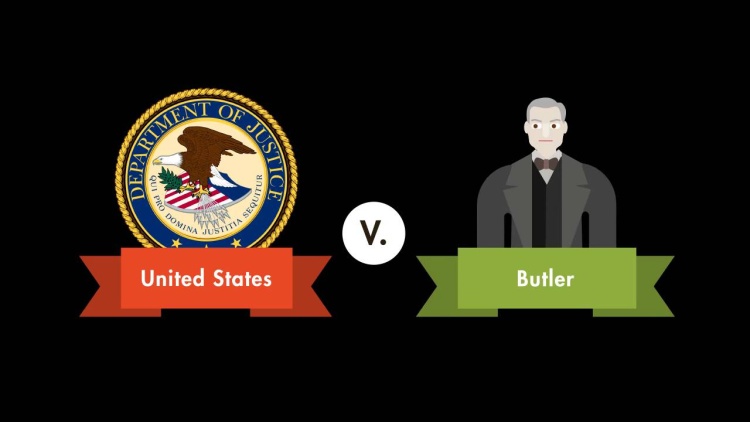United States v. Butler
United States Supreme Court
297 U.S. 1 (1936)
- Written by Megan Petersen, JD
Facts
In 1933, Congress enacted the Agricultural Adjustment Act (AAA) to allow the secretary of agriculture to set limits on the production of certain crops and to tax farmers who produced in excess of those limits. The AAA also provided grants to farmers to control their production of crops and thus regulate prices. Butler (plaintiff), a processor of crops, brought suit against the United States government (defendant) in federal district court to challenge the constitutionality of the AAA. The district court ruled that Butler was required to pay taxes under the AAA, but the court of appeals reversed. The United States Supreme Court granted certiorari.
Rule of Law
Issue
Holding and Reasoning (Roberts, J.)
Dissent (Stone, J.)
What to do next…
Here's why 909,000 law students have relied on our case briefs:
- Written by law professors and practitioners, not other law students. 47,100 briefs, keyed to 997 casebooks. Top-notch customer support.
- The right amount of information, includes the facts, issues, rule of law, holding and reasoning, and any concurrences and dissents.
- Access in your classes, works on your mobile and tablet. Massive library of related video lessons and high quality multiple-choice questions.
- Easy to use, uniform format for every case brief. Written in plain English, not in legalese. Our briefs summarize and simplify; they don’t just repeat the court’s language.





